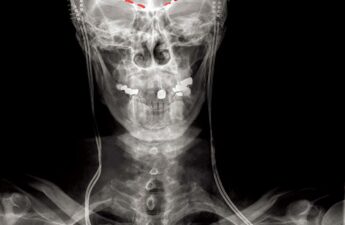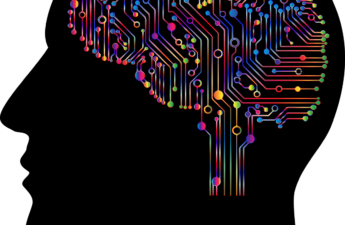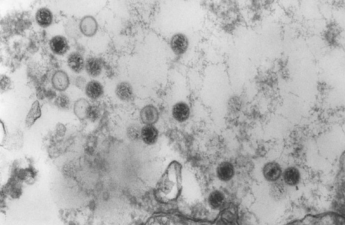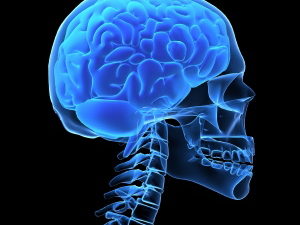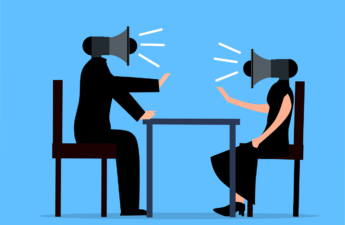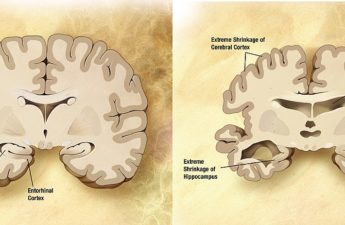Category: Brain and Nervous System
Brain signatures for chronic pain identified in a small group of individuals
Chronic pain is one of the largest contributors to disability worldwide. Neuropathic pain is caused by damage to the nervous system itself. It most commonly occurs due to injury to the nerves in our bodies, but for the individuals in this study, their pain is thought to originate from the brain itself. This kind of pain does not respond well to current treatments and can be debilitating for people living with it.
What causes motion sickness?
A UW physician explains how to reconcile the mismatch in what your senses are telling your brain
What is delirium?
Up to one-third of older people admitted to hospital are diagnosed with delirium. This increases the risk of unnecessary functional decline, a longer hospital stay, falls, needing to be admitted to a residential aged care facility, and death. However, identifying the condition early reduces these risks. Delirium can also be prevented by identifying who is vulnerable to the condition and finding ways of reducing the person’s risk.
What is Tourette syndrome, the condition Lewis Capaldi lives with?
You might have seen the news fans of singer Lewis Capaldi helped him finish a song at a concert this week, after symptoms of his Tourette syndrome suddenly flared up and temporarily prevented him from performing. — So, what is Tourette syndrome and how is it managed?
We can learn a lot about long COVID from years of diagnosing and treating chronic fatigue syndrome
While some long COVID symptoms are unique (microclots, lung scar tissue, or organ damage due to acute infection), most resemble the clinically very similar disorder myalgic encephalomyelitis, more commonly known as chronic fatigue syndrome.
What causes stuttering?
What causes stuttering? A speech pathology researcher explains the science and the misconceptions around this speech disorder
What is the ‘stiff-person’ syndrome affecting Celine Dion?
Celine Dion’s diagnosis of stiff-person syndrome brought a rare neurological diagnosis into the public eye – two neurologists explain the science behind it
The ethics of brain-computer interfaces lag behind the science, write a philosopher and a neurosurgeon from UW.
Researchers are exploring nonmedical brain-computer interface applications in many fields, including gaming, virtual reality, artistic performance, warfare and air traffic control.
Scientists Debate the Role of a Virus in Multiple Sclerosis
A recent study offers the strongest evidence yet of the link between Epstein-Barr virus and MS. Not everyone is convinced. By Elizabeth PrestonUndark Magazine Ryan Grant was in his 20s and serving in the military when he learned that the…
Should autism be redefined?
The debate centres on whether this term is an appropriate way to highlight the high support needs of a subgroup of autistic people – or whether the term may be a step backwards for community understanding and acceptance.
Pace as important as 10,000 steps for health, studies find
“The take-home message here is that for protective health benefits people could not only ideally aim for 10,000 steps a day but also aim to walk faster.”
Cognitive biases and brain biology help explain why facts don’t change minds
People form opinions based on emotions, such as fear, contempt and anger, rather than relying on facts. New facts often do not change people’s minds.
What allegations of Alzheimer’s research fraud mean for patients
It might be a stretch to say all Alzheimer’s research is now compromised. But the allegations can prompt us to ask whether the governing bodies of research and drug approvals are truly effective.
Rise in tics is caused by a known condition – and it’s not all due to TikTok
New tics in a teenager are hardly ever caused by Tourette’s. Usually, they are “functional tics” (involuntary rapid and repetitive movement and sound), which are one of many possible symptoms of functional neurological disorder.
